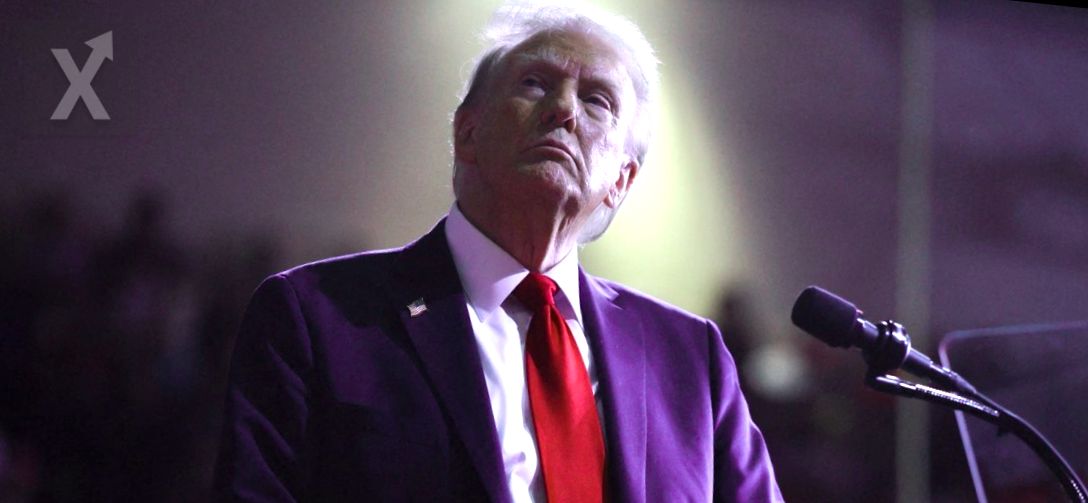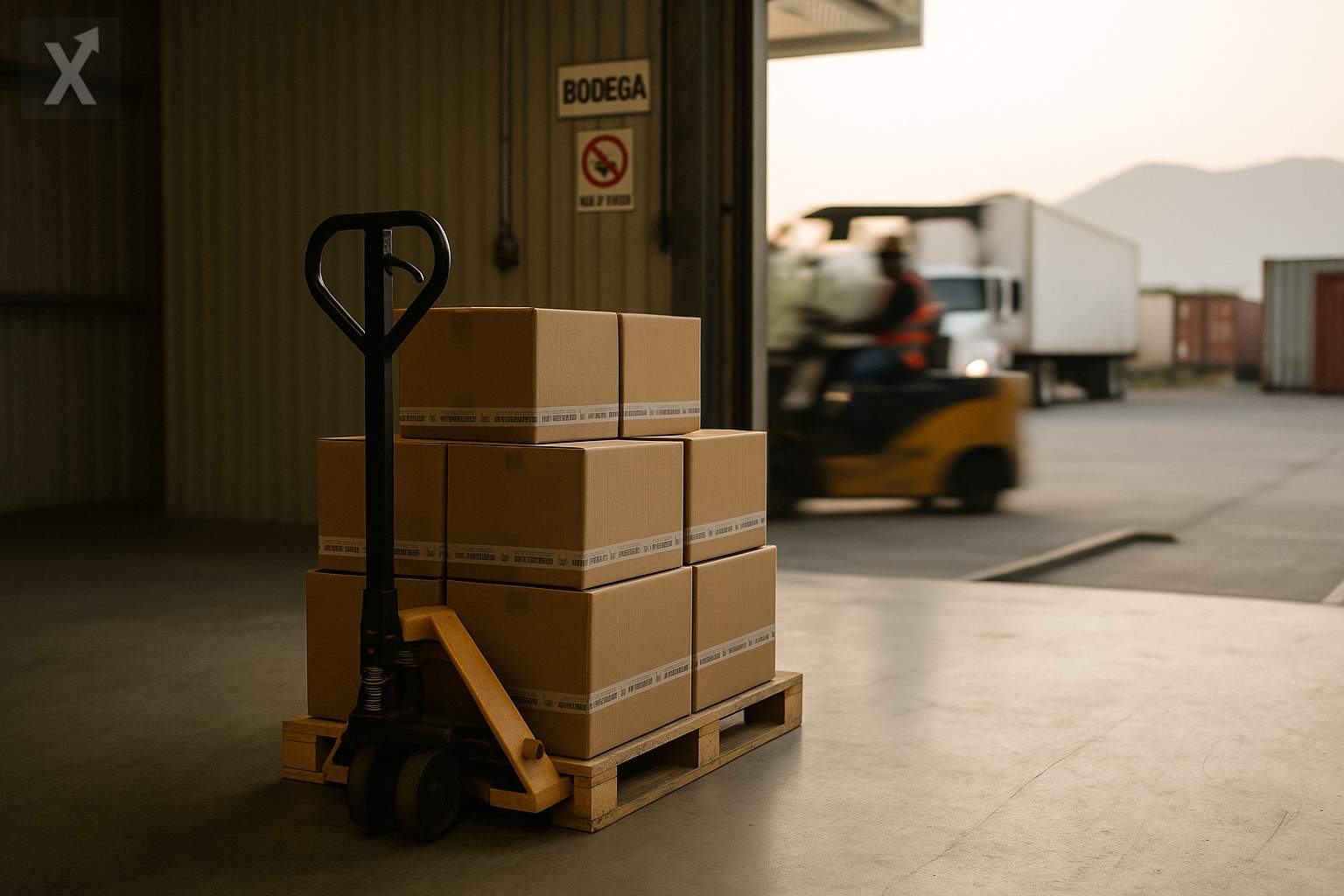Trump Reiterates Tariff Warnings to Mexico Over Immigration

The former president and Republican candidate, Donald Trump, has made it clear that he is willing to impose 25% tariffs on Mexico if the influx of migrants at the border doesn't stop, labeling them as "criminals" and "drug dealers." This threat comes just before a highly competitive election. "Now there's a new president in Mexico. They say she's a very, very nice woman, although I don’t know her," he said, referring to the leftist Claudia Sheinbaum.
Trump stated at a rally in North Carolina that "I will announce from day one or even sooner, if this avalanche of criminals and drugs flooding into our country is not stopped, I will immediately impose a 25% tariff on all products coming from Mexico." The former president is convinced he has a "100%" chance of success with this strategy, especially as American voters prepare to choose between him and Democratic Vice President Kamala Harris. "I'll start with 25%, which is significantly high. Did you know Mexico is our top trading partner? That's because they're making a lot of profit. They've taken over our country," thanks to the administrations of Joe Biden and Harris, Trump stated. He added, "If 25% doesn’t work, I’ll raise it to 50%, and if that also doesn’t yield results, I’ll go to 75%," suggesting that many more measures will eventually be implemented at the border to address the immigration situation. Trump has ramped up his rhetoric against illegal immigration, calling migrants "killers" and claiming they "poison the blood" of the nation. At 78 years old, Trump is engaged in a tight race in the polls with Harris and maintains that tariffs are key to "bringing back" companies to the U.S., although many economists warn that his proposals could increase both debt and inflation.
It's important to note that economic and trade policies can have unexpected and complex repercussions. While Trump argues that tariffs will benefit the U.S., they could also trigger trade retaliation and affect inflation, which in turn would impact consumers' purchasing power. This is a risk that warrants detailed analysis, considering the already established trade relations that are crucial for both countries.






